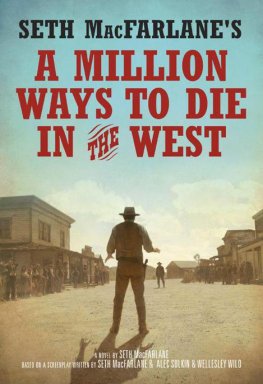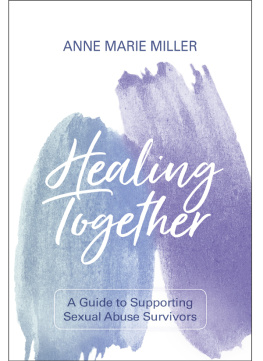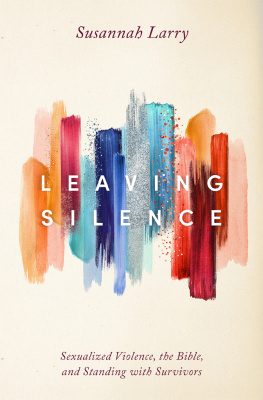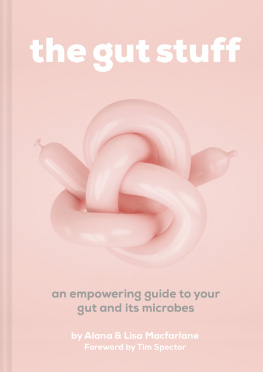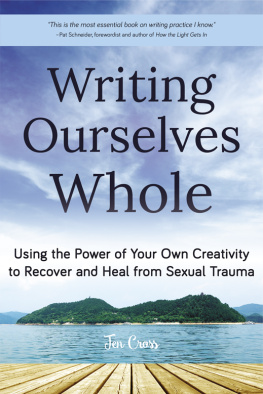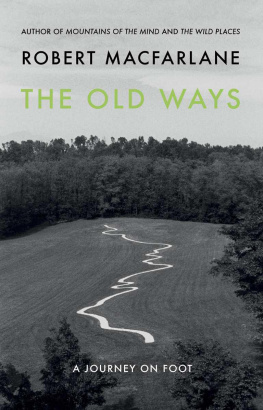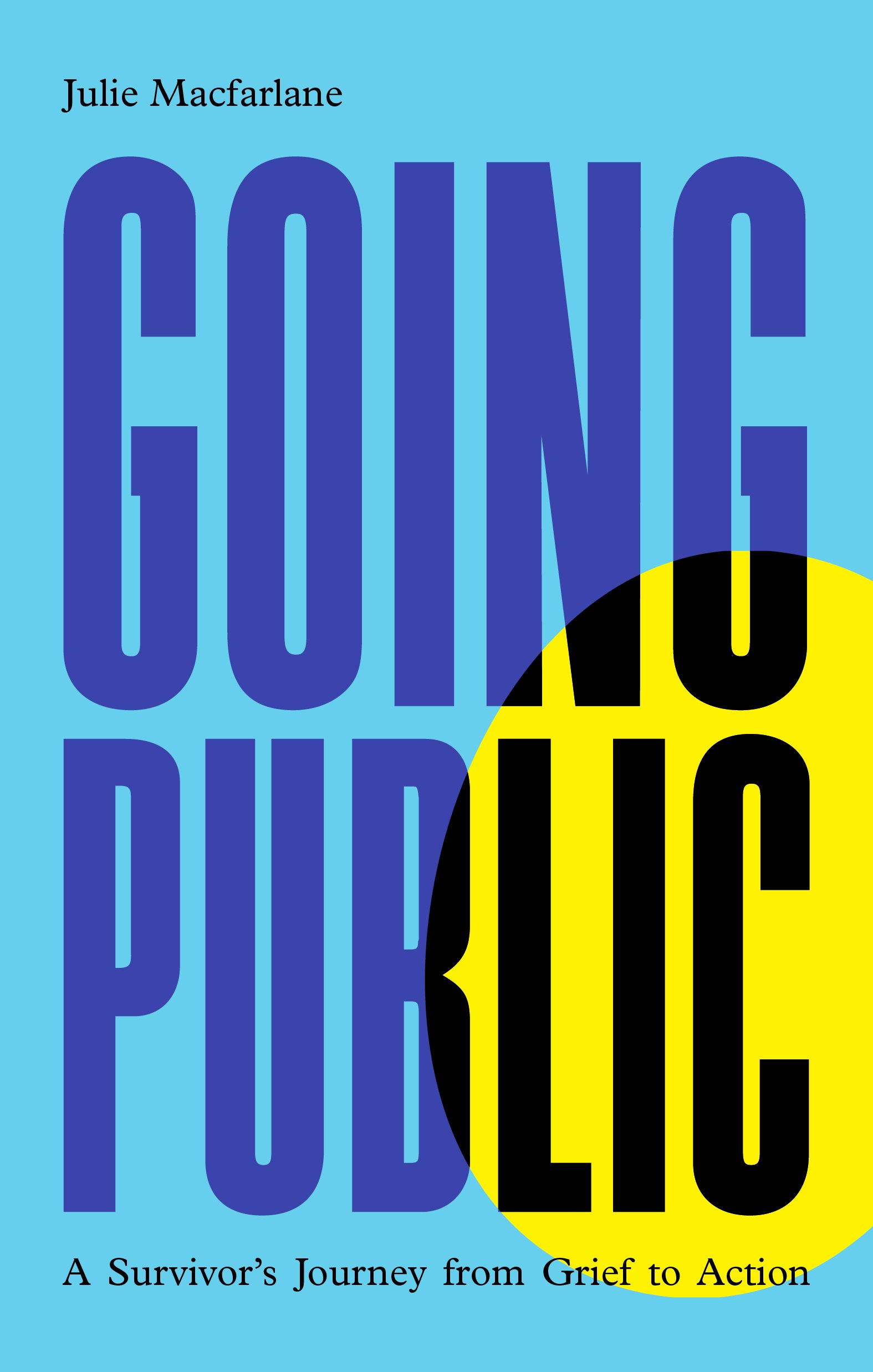Going Public is truly unique. It is embodied sexual violence scholarship that brings the personal is political and the political is personal to life. Macfarlanes critical reflections on her own victimization, survival, resistance, advocacy, and activism are central to her insight and legal analysis. The result is simultaneously painful, inspiring, challenging, demoralizing, empowering, and practical, with recommendations for changes to civil and criminal law and institutional approaches for dealing with sexual violence. A must-read.
Charlene Y. Senn , professor and Canada Research Chair in Sexual Violence, Department of Psychology, and Womens and Gender Studies, University of Windsor
This is a memoir, manifesto, an honest cri de coeur all wrapped in one of what sexual violence and abuse does to women, and it must be read by all who seek justice, truth, reforms of a distorted legal system, and accountability for institutional cover-ups. Going Public is a page-turner of truth, bravery, persistence, and morality by a leader of reform in the justice system. How she sought, and eventually gained, some small modicum of justice as she moved from legal professional to activist litigant is an extraordinary story.
Carrie Menkel Meadow, distinguished professor of law, University of California, Irvine and Georgetown University Law Center (Emerita)
Professor Julie Macfarlane provides a fascinating and invaluable insight into civil litigation involving sexual abuse claims and modern rape trials. Her openness and courage in disclosing her own experience of sexual abuse and her fight to improve institutional responses demonstrate a moral courage of awe-inspiring dimensions.
Jennifer Temkin , professor of law, City University of London
Few victims are brave enough to lay matters out in a comprehensive way, especially to strangers, no matter how genuine and interested those people are. I salute Dr. Macfarlanes understanding that a book written not from an academic perspective, but a personal one, will be incredibly illuminating and help other victims understand that they are not alone.
Wayne Barkauskas Q.C., family law lawyer, mediator, and parenting coordinator
Julie Macfarlane dedicated her career to improving access to justice in Canada. After breaking her silence, Macfarlanes personal search for justice will inspire readers. Going Public is more than a #MeToo memoir; it is a call to action to fundamentally change institutional responses to sexual violence.
Mandi Gray , activist and subject of the documentary Slut or Nut: Diary of a Rape Trial
This book resonated with me both personally and professionally. We have many examples of institutions failing survivors, but only now are we starting to formally document the stories of complainants who have experienced institutional betrayal after reporting and the acute effects it has on their lives. It is time that we speak frankly about these issues in all their complexities out in the open instead of behind closed doors. Dr. Macfarlane is helping us do just that.
Connor Spencer , national chair of Students for Consent Culture Canada
Going Public
A Survivors Journey from Grief to Action
Julie Macfarlane
Between the Lines
Toronto
Dedicated to all the women and girls who are holding on to a secret about sexual violence. I hope this book affirms and strengthens you to step forward when you are ready.
If you ever feel lonely, just remember you are doing this for a whole community.
Dr Jo-Anne Lewicki
It just amazes me that I can be part of the energy it takes to serve each other.
Carole King, One
Contents
Preface
I g rew up in England in small rural communities during the 1960s and 70s, my early education in a two-room island schoolhouse. I am now a professor of law at a Canadian university and have worked all over the world. The stories told in this book take place in England and in Canada as well as Hong Kong and Australia.
For most of my academic career, I have focused on issues and topics that reflect my curiosity in peoples experiences of the law and the legal system. I am especially drawn to understanding the experiences of individuals and groups who do not see their needs and interests met in the legal system, whether because of poor processes, dominant cultural assumptions, or the hostile use of power against them. Two such groups are North American Muslims and self-represented litigants. I have researched, written, and spoken all over the world about how conflict and injustice are addressed formally by the courts and informally inside communities and families. I have a longstanding interest as a legal educator in how lawyers can be effective in advocating and assisting people to have access to just processes and outcomes. My research over the past thirty-five years has focused on gathering data that fills a gaphow disputants experience mediation and other conflict resolution processes; what is important about religious, cultural, and legal processes in ending marriage; why people represent themselves in court with lawyersand then disseminating that information to the public and raising public awareness. Some of these projects have had an impact on public consciousness, conversation, and policy.
As a teacher and researcher, I have always sought to connect personal experiencesthose of my students and of my research subjectsto a better understanding of social phenomena. I am convinced that scholarly research and analysis can, and should, play a critical role in deepening public discourse over the issues we study. I have described this as academic activism, and it has been a motivating theme throughout my life and work.
My personal story and a legal analysis
This book is different from anything I have written before. While far from a traditional memoir, it places some of my formative personal experiences inside the frame of legal analysis. I have written a number of books in which others were the research subjects; in this book I am, in part, the research subject. My personal experiences of sexual violence and abuse as a child, teenager, and young woman are described in an effort to do what I have long done with materials external to myselfreflect, analyze, and gain insight about their meaning and consequences. If you are reading this and have your own experiences of sexual violence and abuse you should be aware that there are detailed descriptions of these experiences in this book. My goal is to affirm and inspire you but this book might also upset you. Please take care of yourself.
My personal disclosures in this book also carry more explicit activist motivations. I know how hard it is to talk openly about experiences of rape and sexual assault, and it has taken me four decades to reach this stage in my own story. I believe that acknowledging experiences like mine that are shared by vast numbers of silent others is an important step toward a more compassionate, nuanced, and realistic public discourse over sexual violence.
This book describes my journey from victim to change agent and the lessons I have learned along the way. Its a journey that covers decadesmost of my life in factduring which I have started my family, developed my career, moved around the world, and found many ways to do the work I love. It also reflects my belief that we do our best work when we bring all of ourselves to the job. That includes the ugly, nasty bits of our history as well as our skills and talents.
Written from the perspective of both a survivor of sexual violence and a legal scholar, this book offers an insider understanding of our flawed legal and workplace processes and the impulse to institutional protectionism. But it also explores how these can be challenged and changed. The changes that I believe are required for legal processes to enable access to justice for victims of sexual violence reflect my personal experiences as a conflict process specialist, survivor, an activist and advocate, and a legal expert. The worlds of activism and scholarship are often kept apart, but in this book my personal experiences, academic insights, and work as an advocate inform one other. My legal training has expanded my knowledge and confidence, and my experience as an activist has sharpened my ideas about change. We often try to separate the personal from the professional and the political from the academic. I have learned over and over that this is a false and disempowering dichotomy.


